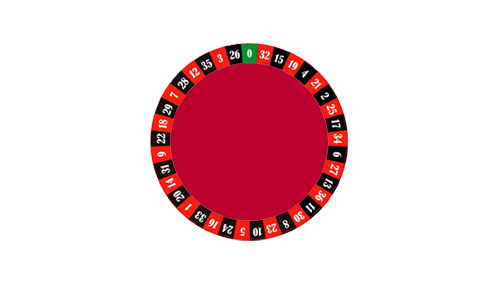Japan has lost this round of the legislative battle that would have seen a gaming expansion bill move forward in the Diet this year.
 Media outlets in Japan recently reported the Liberal Democratic Party-led government has already ditched plans to hold the fall extraordinary session of the Diet—the first time in 10 years that the country’s two-chamber Diet without such a session.
Media outlets in Japan recently reported the Liberal Democratic Party-led government has already ditched plans to hold the fall extraordinary session of the Diet—the first time in 10 years that the country’s two-chamber Diet without such a session.
Without the special session of the Diet, it is impossible to move a gambling bill forward, according to Union Gaming Securities Asia analyst Grant Govertsen.
“Gaming expansion is of the table for 2015 as we believe it is unlikely that the opposition parties will be successful in their demands for a special session, and even if so that would be enough time (or demand) for the gaming expansion bill,” Govertsen said in a note.
Tokyo was announced as host of the 2020 Summer Olympics Games in 2013, which Prime Minister Shinzo Abe saw as the perfect opportunity to bring the casino matter up for consideration. But LDP had other ideas. Last August, the LDP gave up on the Promote the Development of Integrated Resorts Bill to make way for other bills, such as Legislation for Peace and Security.
Govertsen believes the gaming expansion’s next shot will come in 2016.
“The 2016 Diet session now represents the earliest potential passage for the first of two gaming bills that will be required for gaming expansion to become a reality,” the analyst said.
The first bill that needs to be passed, according to Govertsen, is the IR Promotion bill, which would essentially decriminalize casino-style gaming. The second bill—IR Implementation bill—will contain all of the necessary details so potential developers can assess their strategies.
“In our opinion, 2022 is now the earliest a large-scale IR is likely to be opened in Japan,” he said.
Govertsen also noted that the skyrocketing number of Chinese visitors to Japan, with “year to date visitation up a staggering 117 percent to 3.3 million persons through August; this is on top of a +83 percent comp[arison] in 2014.”
Aside from Japan, South Korea—with its relaxed visa requirements—is also enticing many Chinese travelers, which, in turn, represents lost customers for Macau’s mass market segment.
“A theme that we’ve been pointing out is that high value mass market Chinese customers are eschewing Macau and instead heading to new-to-them destinations—namely places like Japan and Korea. Based on tourism data, the same mass market customer that might not be coming to Macau as frequently as in the past is till spending lots of money on entertainment and leisure pursuits in the form of international travel,” Govertsen said.